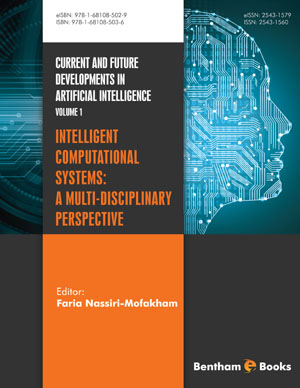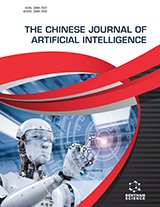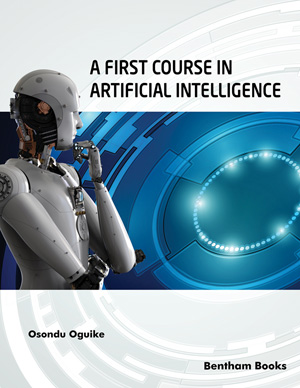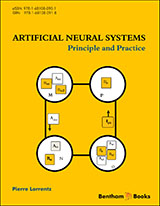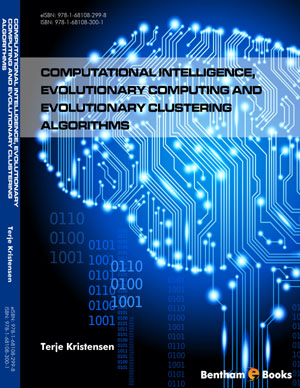Abstract
In recent years, Artificial Intelligence (AI) has been in the news again due to advances in machine learning, speech processing, natural language generation, robotics and agent technology, not to mention due to big investments. Examples, such as Google Translate, Microsoft’s Skype Translator, Google’s RankBrain, IBM’s Watson, Apple’s Siri, Honda’s ASIMO and new startups mix with movies, healthcare, social and political simulation and energy management. AI achieved some success in education, medicine, cognitive and complexity sciences due to better interfaces, algorithms and mechanisms, and due to interdisciplinary research in techniques that mirror biological behaviour. A closer look at animal and human behaviour (mimicking nature) and to how brains store/process information may help AI continue innovating to further develop. Today, there is a different stance in schools of AI and a cooperative way of viewing different technologies working together in an integrative way, including understanding limitations and dangers (e.g. Facebook emotion study). Furthermore, this is a strong signal of more democracy and respect for approaches to consider intelligence at large, thus also indicating a more mature field. In this chapter, I give an overview of the field of Artificial Intelligence to explain why recent breakthroughs and better algorithms have tackled big data.
Keywords: Algorithms, Areas and territories, Digital worlds, Mechanisms, Models, Paradigm shifts techniques.


